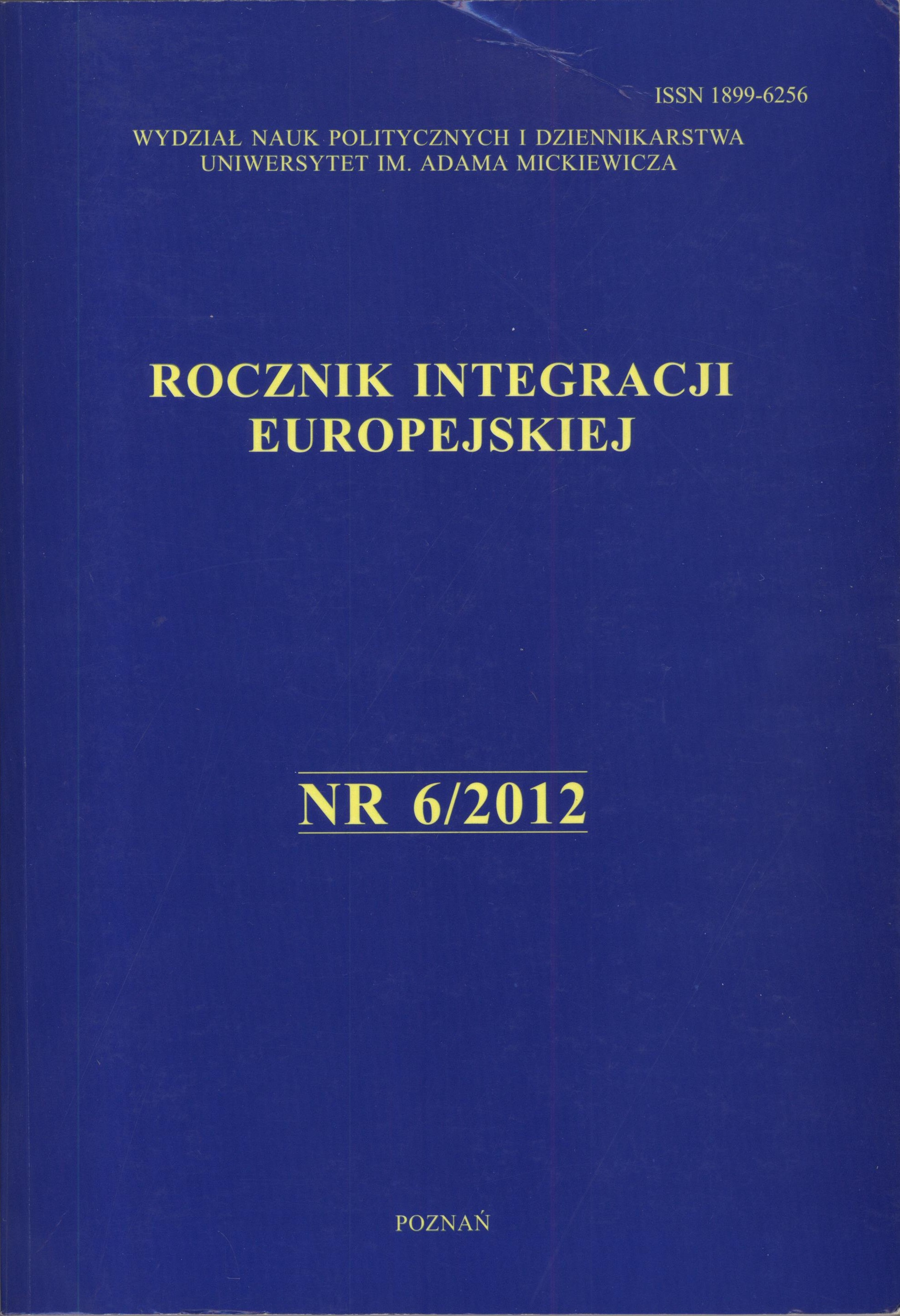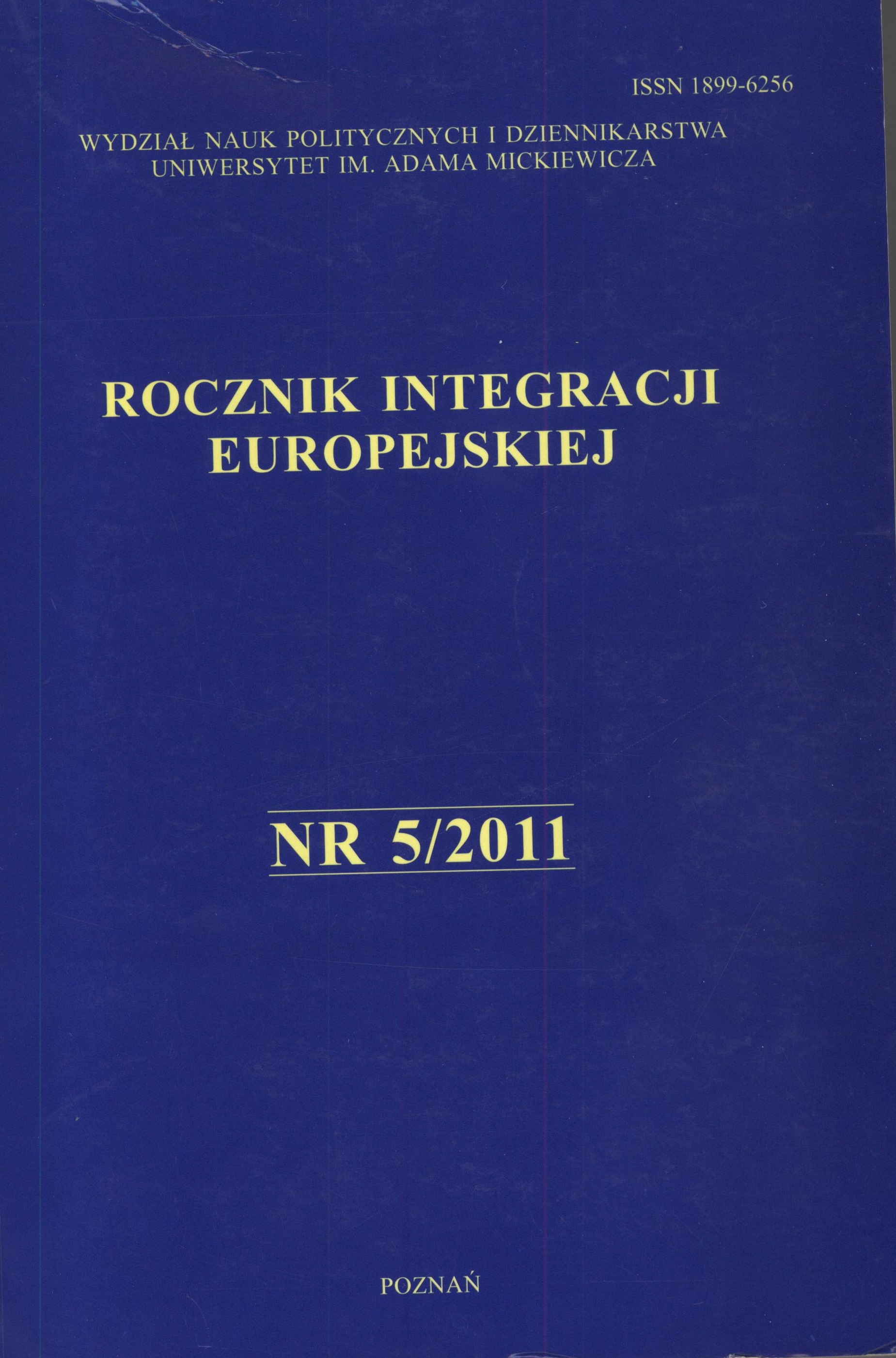
Deutschland in Europa. Eine neue Rolle nach der Finanzkrise?
The main proposition of the author of the paper is that the role and importance of Germany in Europe has increased during the financial crisis of the eurozone. In the opinion of the author, since the government of Chancellor Gerhard Schröder, and especially since his refusal to take part in the anti-Iraq coalition in 2003, German foreign policy has been marked by assertiveness and followed exclusively German national interests. The cabinet of Angela Merkel continues this approach, and the solutions to solve the eurozone’s financial crisis Berlin has proposed and promoted are primarily subordinated to the needs of the German economy. In the author’s opinion, in the future, Germany will treat the European Union instrumentally as what is termed a hinterland (backup facilities) for emerging German ambitions to become a great power.
More...
